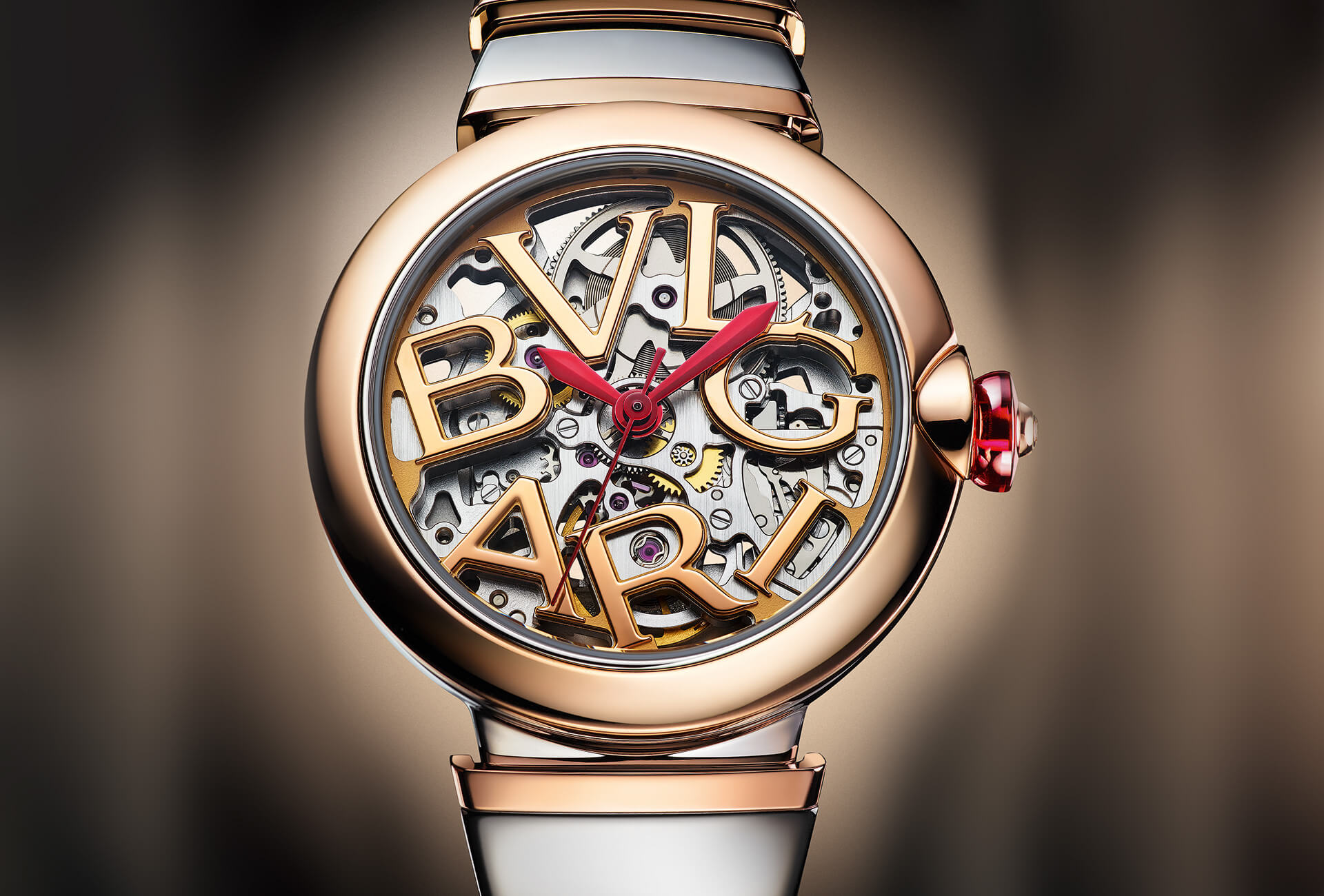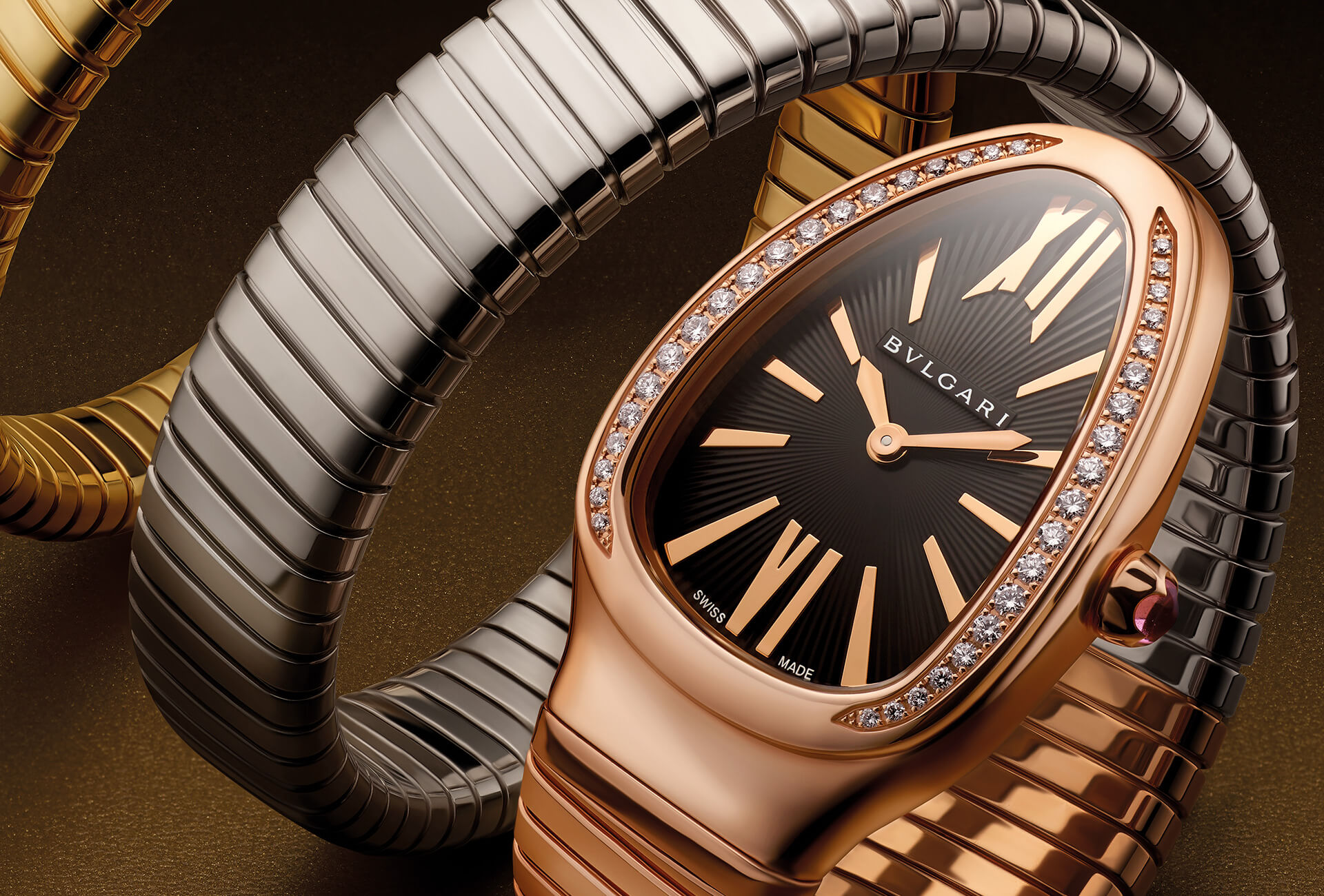Speaking at the recent Salon International de la Haute Horlogerie, blogger Peter Xu, a key opinion leader in China with over 8 million followers on Weibo, gave some pointers on how to break into what is a crucial market for any globally-minded brand. He also warned, in no uncertain terms, that “China can make or break a brand.” Knowing that China and Hong Kong combined account for almost a quarter of Swiss watch exports, and that over a third of Swiss watch production is bought by Chinese customers, either at home or when travelling, Peter Xu’s words are not to be taken lightly. According to Xu, China is a fragmented market with many faces: there’s little to distinguish consumers in Shanghai from their counterparts in London or New York, while in some provincial-level cities, there are still households without an internet connection.
Think local
“[Brands must] target language to the audience they want to reach, as well as familiarise themselves with and respect the local culture,” Xu continued. “Chinese consumers are also fascinated by the expertise, tradition and history of European brands.” As true as this may be, finding the magical combination of the right tone and the right story is impossible without the cultural input of a local partner. Partnering with the appropriate celebrities is another sine qua non, bearing in mind that, as Peter Xu observed, “people who are really influential in the luxury sector are mostly celebrities who endorse a brand.” This explains why the hugely popular blogger, who maintains an almost round-the-clock online presence, is himself extensively courted by brands hoping to leverage his influence on the Chinese market.
Finding the right recipe is all the more important now that the Chinese economy is showing signs of flagging. As Milton Pedraza, founder and CEO of The Luxury Institute, explained in an interview with Jing Daily, “It used to be that a rising tide would lift all the boats. That’s not the case anymore. It’s more by individual brand, which is why you can see [brands such as] Brunello Cuccinelli and Gucci that are growing strongly while others are stagnant or in decline. Like any economy, China has cycles and luxury has always been cyclical too.” For brands to succeed, says Pedraza, they need to stop thinking omni-channel and think “omni-personal” instead: “Brands should try to build relationships with consumers, especially younger consumers, in the same nonlinear way that I have a relationship with my son. I call him, I go see him, I text him, I email him. It’s a very fluid type of relationship.”
The Bulgari way
One brand that is working hard to satisfy its Chinese customers, both on home soil and when travelling, is Bulgari. Significantly, the brand chose the opening of the second Bulgari Hotel in China, in Shanghai, to present the Octo Grande Sonnerie Perpetual Calendar, a unique piece and the most complicated Bulgari watch to date. As CEO Jean-Christophe Babin explained to Luxury Society, “We’ve built an omnichannel journey with multiple touchpoints for our Chinese clients. This consists of a mix of digital experiences as well as traditional retail. The fact that we have two hotels [in Beijing and in Shanghai] also adds to the brand experience for those living in China. These hotels are kind of the ultimate temple of the Bulgari brand experience, complemented by our offline boutiques and of course, e-commerce. China is one of the first countries where we’ve introduced e-commerce. Not only can customers purchase Bulgari products online through WeChat, they are also able to shortlist products that are to their liking and then make an offline appointment in the boutique closest to them to understand more about the product.”
As Jean-Christophe Babin is well aware, it’s an approach that takes time, even for a brand that enjoys an excellent reputation in China as a jeweller and a maker of jewellery watches. It means tailoring collections to Chinese tastes, something it’s doing with the Serpenti and Lucea lines in particular. It also implies bringing Chinese customers into the brand’s “universe” and introducing them to its craftsmanship and history. The desire among Chinese customers to understand the brand they are buying is one of the reasons why Bulgari employs Mandarin-speaking sales staff in stores worldwide, where customers can pay for their purchases using Alipay. It also explains why the brand wishes to develop its e-commerce directly, without intermediaries. “As a jeweller with a history of over 135 years, it’s important to interact with the client directly,” says Babin. “We hope to develop the company [online] without delegating that interface with the client. At this stage, and probably for the next few years, we’ll try as much as we can to develop organically.”





